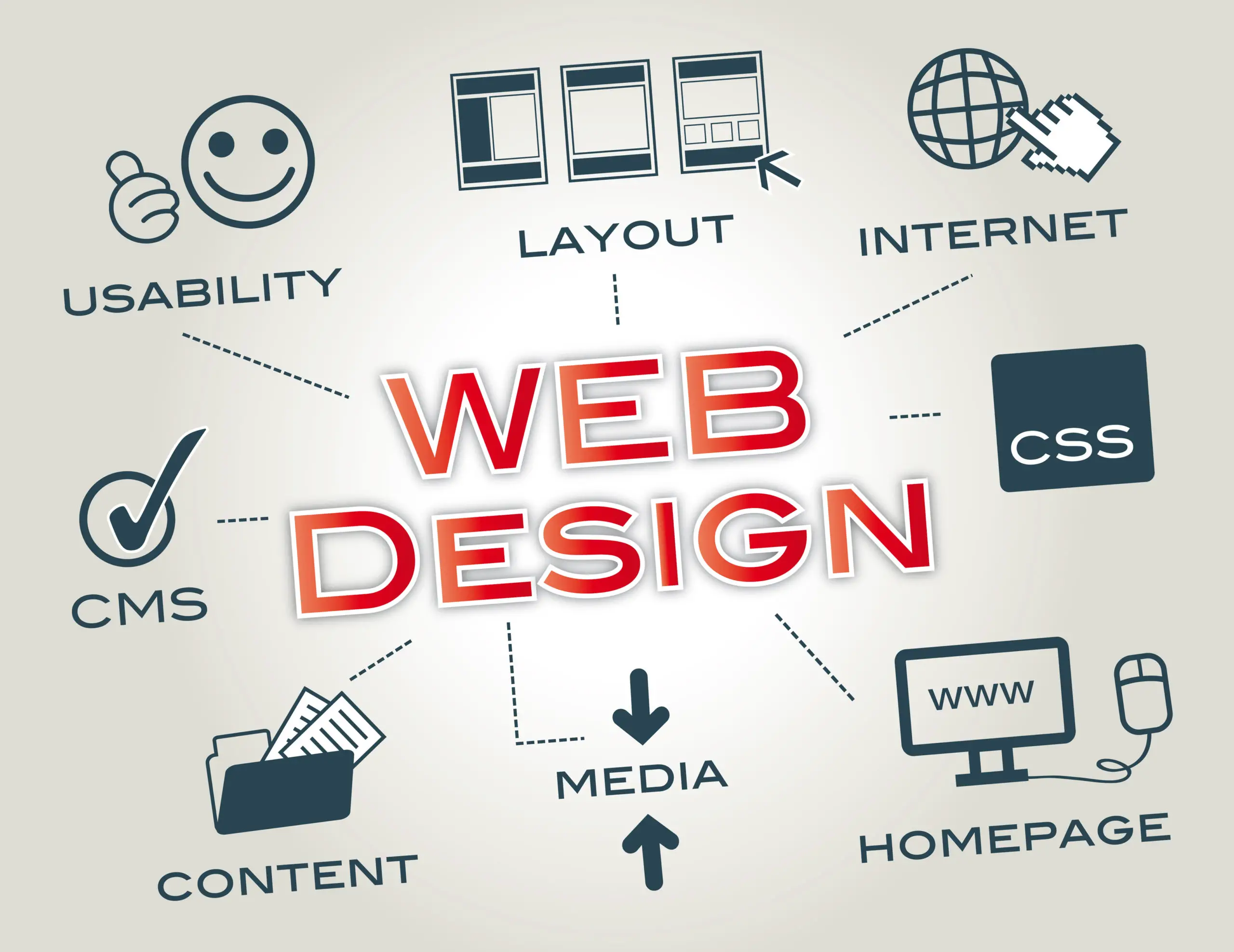When it comes to website design, not all website design trends are considered to be rightfully equal. And there are a number of decent reasons for this –keep reading to discover what those reasons are.
There are a number of business reasons which underpin what the main goal for any given corporate website is (and each individual page on said corporate website) –and every business website is unique in that it (should) conform to that business’ unique business requirements.

Whether it is about conversions, collecting and aggregating customer data, online shopping, serving media, or facilitating business functions such as online quoting and estimating via sophisticated web based application development –most home pages tend to share a common goal; present company information and products or services in an intuitive way, that is trustworthy enough to incite a positive, specific response from the website visitor.
And those responses, ideally, should be tracked to illicit further growth, offer some level of direction or insight into a customer’s needs and wants, and of course, serve website visitors in a way which they wish to be served.
However there are some really popular web design trends that tend to get in the way of some of these aforementioned principles, and we would like to take a brief moment to discuss a small hand full of them.
1. Single Page Websites
Single page websites, which we believe to be driven by the mobile device market, make browsing on a Wi-Fi-enabled tablet a breeze; there is almost a magazine quality to single page websites that make them simple and enjoyable to browse and scroll through with touch gestures.
However these single page websites, no matter how attractive they are or easy to build using a CMS-based page builder, come with some seriously detrimental caveats depending on what the focus of your website is.
- Each page on a website having its own unique goal will allow you to track interest in that specific piece of content alone. Single pages that are keyword focused will also draw in search traffic with much less distraction –they know what they’re getting; nothing more, nothing less. A page with everything including the kitchen sink dilutes the effectiveness of keywords while eliminating the possibility to obtain important data about the specific information they convey.
- More content on a single page will likely also negatively impact website page load times, just ask the professionals over at QuikClicks.com.au.
2. Tiled Website Interfaces
If you are in a technical niche or need to display a fair amount of information on one page, a tiled interface may simply not provide enough real estate on a page to do so. If a landing page contains tiles and the description for each navigation tile on that page does not have enough room to amply describe where your website visitor is going, they may choose to not “go” anywhere at all –and that would severely impact your click-through rate.
A website that’s both SEO and user friendly will convey enough information to search engines and the humans visiting your website –never one more than the other.
3. Design for Design’s Sake
Whether it be vivid animation or an effect that occurs during a page load, this year and last year, companies have been going whole-hog into media rich website design. Even if they sell pencils or enterprise level business consulting. And we politely, respectfully ask, what’s the point?
If your website design includes a number of effects which are not directly tied to your business values, we strongly suggest you forgo them. They slow down website page loading and generally come across to humans, you know, paying customers, as frivolous. You need to ask who you’re designing for: your creative team or your customer. If it isn’t helping to ramp up website conversions, drop them.
These are just the beginning; do you have any frivolous web design trends to add to this list? If so, please let us know in the comments.
In the words of Ian Malcolm played by Jeff Goldblum from the original Jurassic Park novel by the late Michael Crichton, don’t be too obsessed with whether or not you could –ask yourself if you should.
[Image via Google Images]




Hello/Hi… Peter! Thank you for showing of what is the important to avoid when designing websites. Creating websites and designing is difficult but after you success its kinda full filling like everybody likes it.